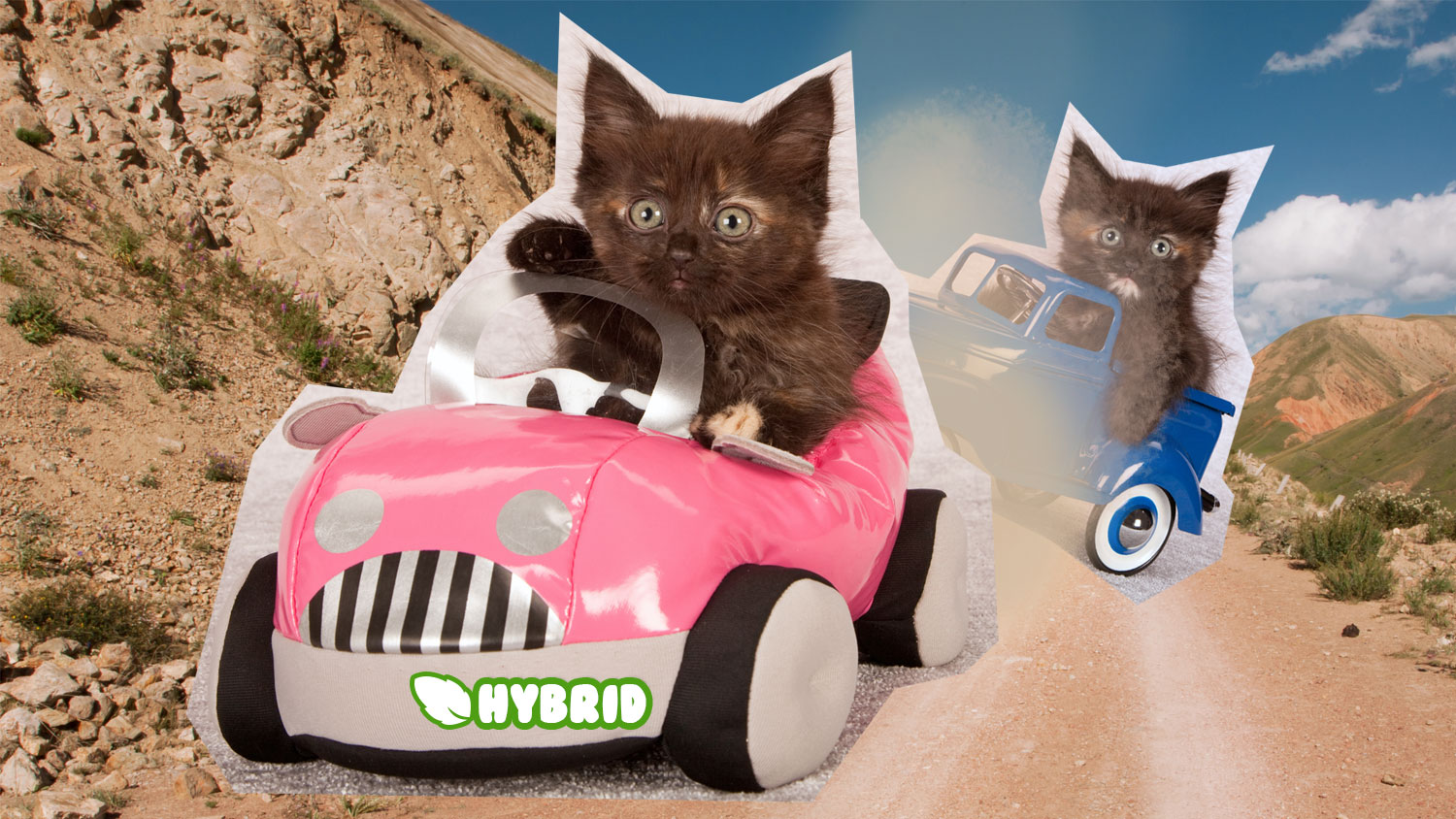Q. How many gallons of gas would I need to save in order for the fuel efficiency of a new car to offset the carbon footprint of that car’s manufacture? In other words … could driving a beat-up old pickup be a carbon-neutral decision when compared to buying a brand-new Prius?
Mike H.
Fairfax, VA
A. Dearest Mike,
Beat-up old pickups have their place, most notably in country songs from what I can tell. (Why hasn’t anyone written the Take a Little Ride of the Tesla Model S? I can hear it now: “Baby, you got my motor chuggin’/so hop in my plug-in … ”) From the tone of your question, I’m guessing that a truck made sense for you at some point, too — but now you’re not so sure. And I don’t blame you: In the old-truck-versus-new-hybrid battle, the best answer is not immediately obvious.
So let’s cut to the chase: Get the Prius.
And now for the fine print: As you note, Mike, every new car comes with a trunkful of baggage in the form of its manufacturing footprint. And yes, hybrids have an even larger original sin because of their more resource-intensive batteries (we don’t know exactly how much bigger, unfortunately, or this question would be easier). But burning gas releases lots of carbon too, and here’s where hybrids shine: Their improved fuel efficiency quickly gets them up to speed in the emissions department.
If your beloved truck’s gas mileage isn’t so great (under 25 mpg or so), the new hybrid is probably the best choice — especially if you drive that new hybrid until it just can’t go anymore, which might be 200,000 miles or more. There are a truckload of variables involved in answering your question precisely, so forgive me if these figures are less than precise. But the science says that the lifetime carbon emissions from a fuel-efficient vehicle end up significantly lower than a gas guzzler’s, even a used one. (Go here and here for the details.)
Still, you asked for numbers, Mike, so I took the Department of Energy’s Vehicle Cost Calculator for a spin. I looked at the annual fuel use and carbon emissions (tailored to a Fairfax driver, no less) for one of the 2015 Priuses*, a 2000 Ford F150 pickup, and, to spice things up a bit, the electric 2015 Nissan Leaf. Here’s what I found: That old pickup — which gets an abysmal 14 mpg for city driving – is racking up about 727 gallons of gas and 18,008 pounds of CO2 every year, using the site’s average annual mileage estimates. The Prius only needs 244 gallons to go the same distance and emits 6,042 pounds — quite the difference. And the Nissan comes up best of all, using no gasoline and emitting 4,680 pounds of climate-changing gases (from the emissions generated by producing electricity in Virginia).
It won’t take too many years for those savings to make either one of these new cars the clear champion. I encourage you to use the tool to get even more precise, personalized numbers — perhaps you’re more of a Chevy man?
Now, this question isn’t quite as simple as we’ve just made it sound. For one, maybe you can’t spare the $20,000 for a new Prius. Then there’s the matter of your old truck: If you trade it in or sell it to someone else, have you really made a green upgrade? After all, the truck will still be tootling around at 14 mpg, and you’ll have just added a new car to the roads. Maybe you drive very little — in that case, it could make more sense to hold on to the gas pig until it putters out. Then again, there’s the argument that we need to encourage companies to make eco-friendly cars by buying them new.
You could juice the numbers in your favor by buying a used hybrid, which has already made its manufacturing impact on the planet. But in the end, Mike, it’s up to you, your mechanic, and your bank account to consider these factors and make the best call for you.
Now, if you’re dying for an unequivocal answer about the greenest car choice to make, here it is: Scrap your truck and commit to car-lessness. Between biking, walking, public transportation, and car shares, you’ll save buckets of carbon. With that kind of behavior, you’ll even be able to justify the occasional pickup rental, for old time’s sake.
Efficiently,
Umbra
*The 2015 Prius C 4-cylinder 1.8L automatic, the 2000 Ford F150 2WD 6-cylinder 4.2L automatic 4-speed, to be exact.




